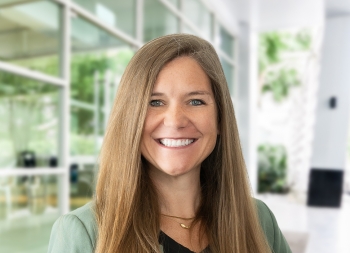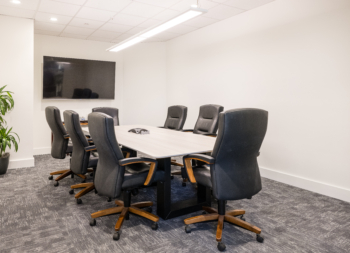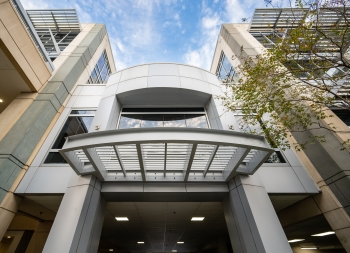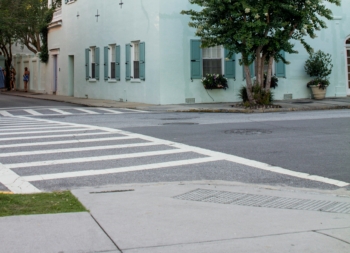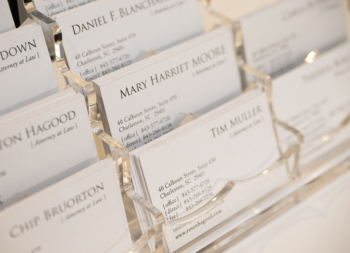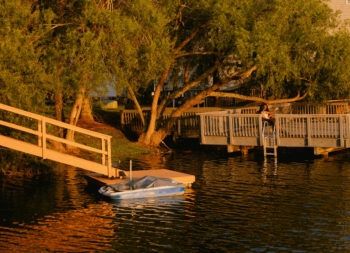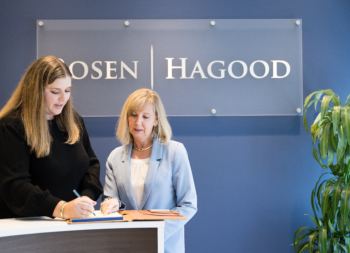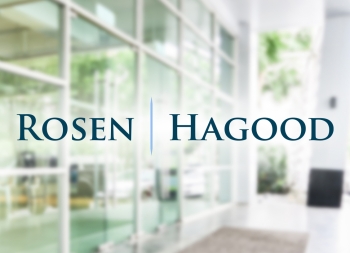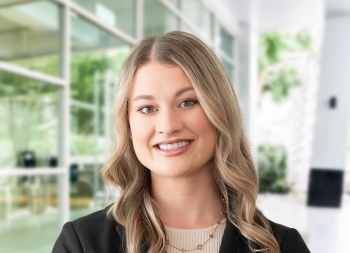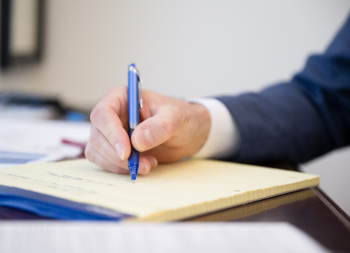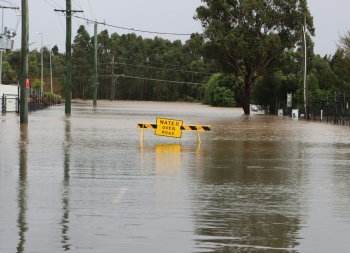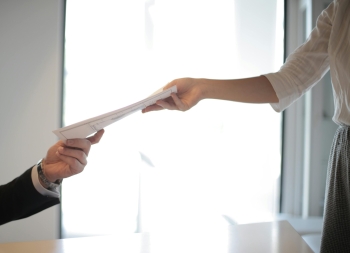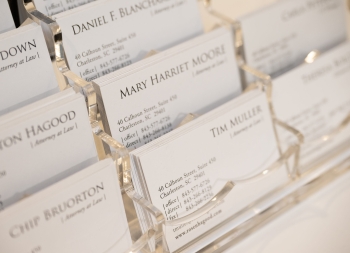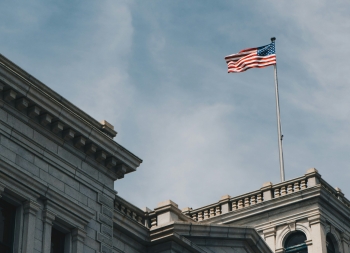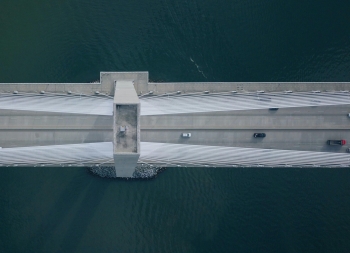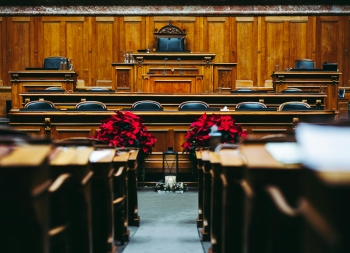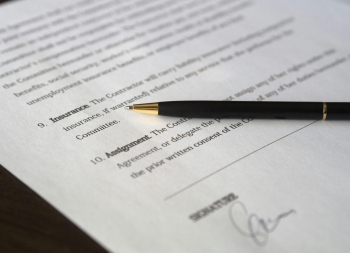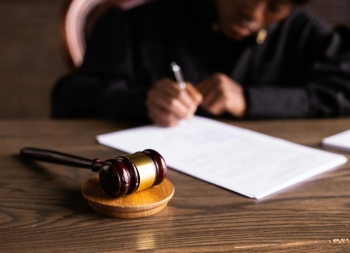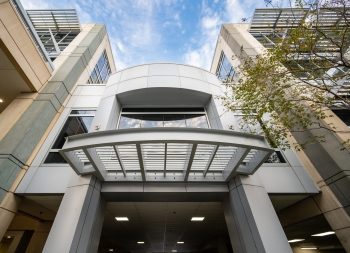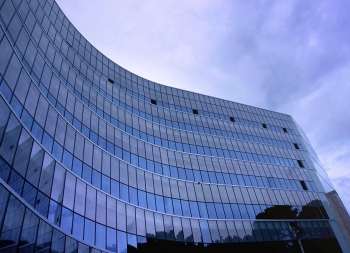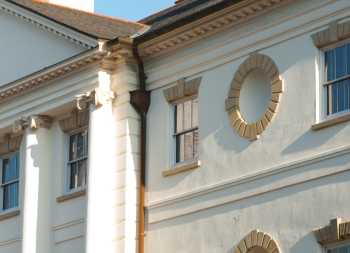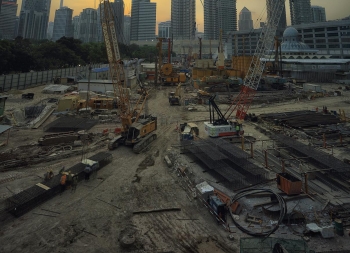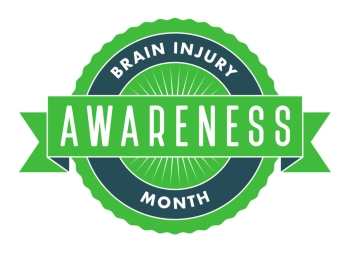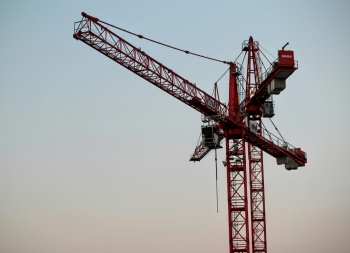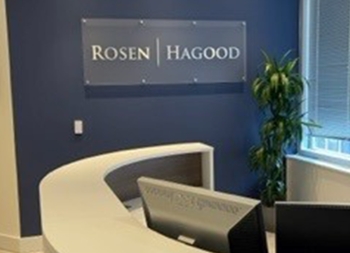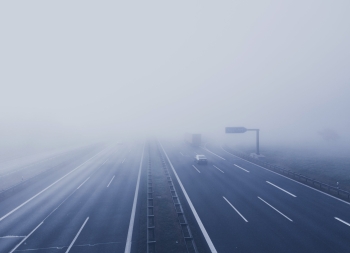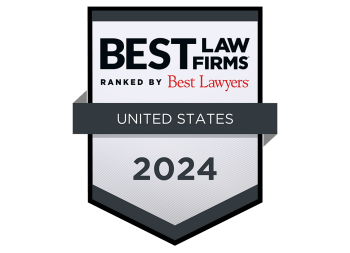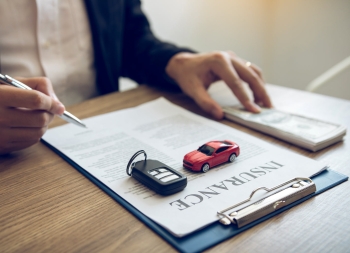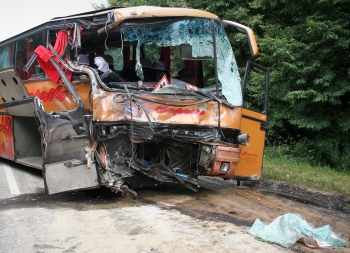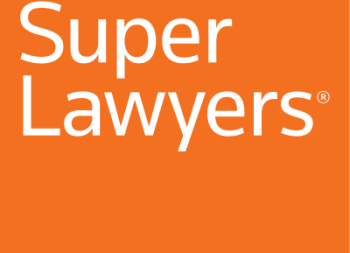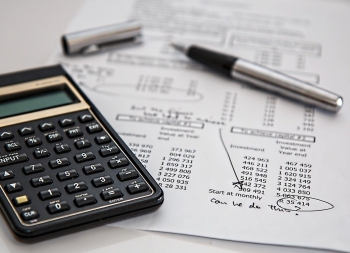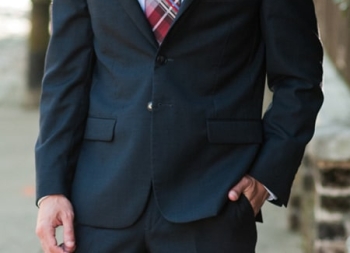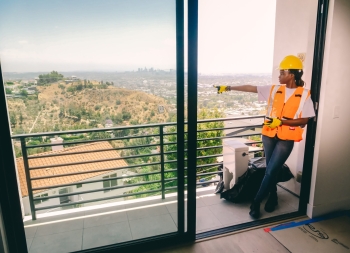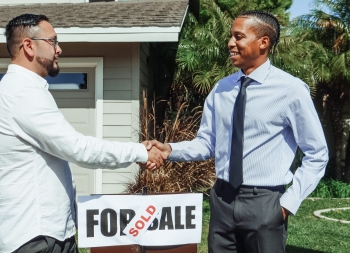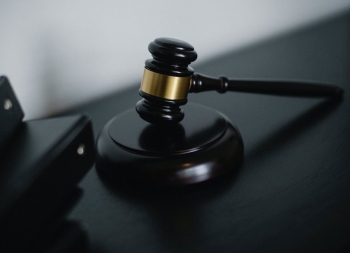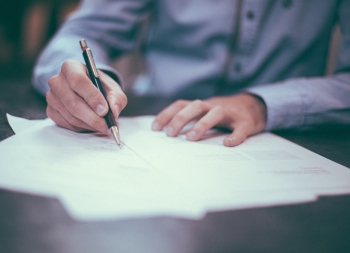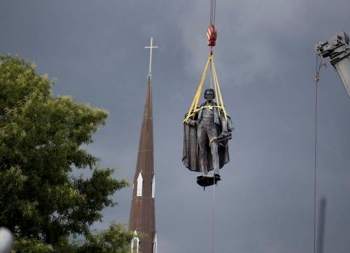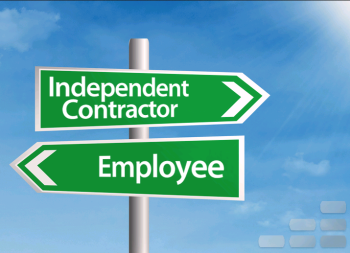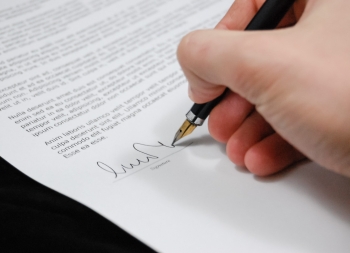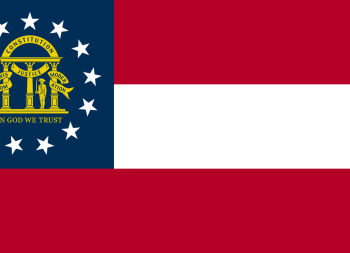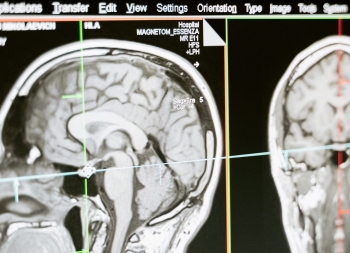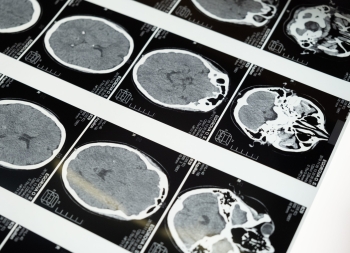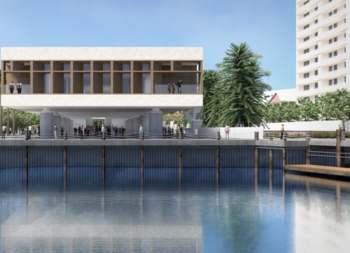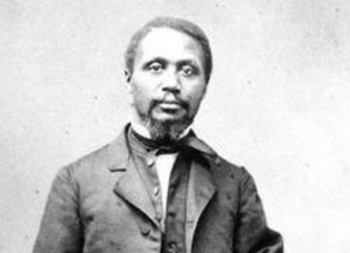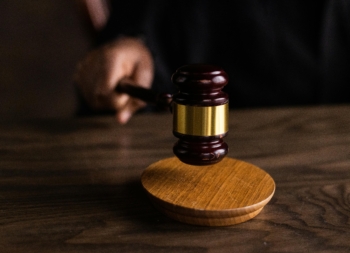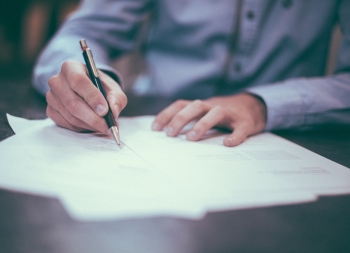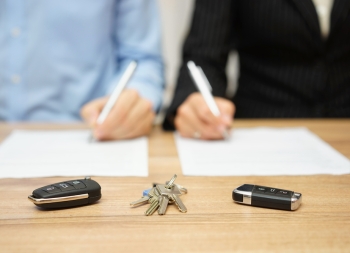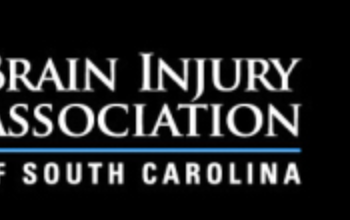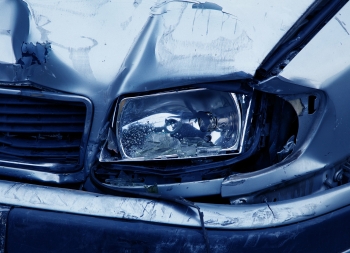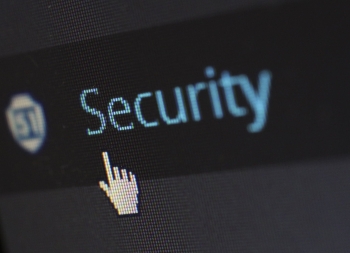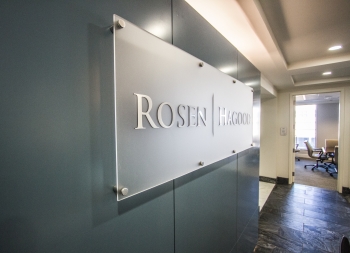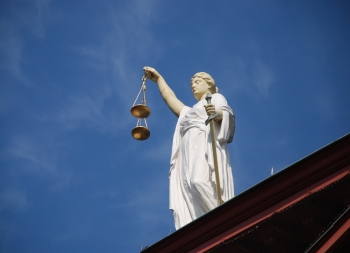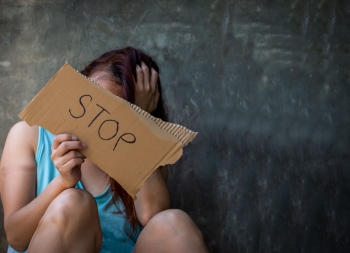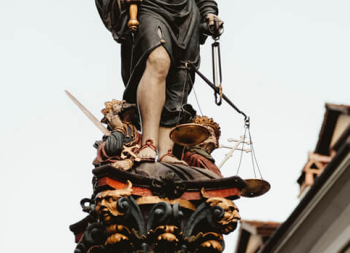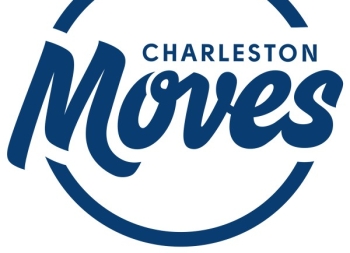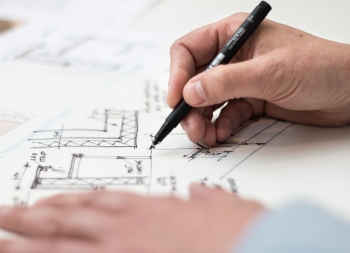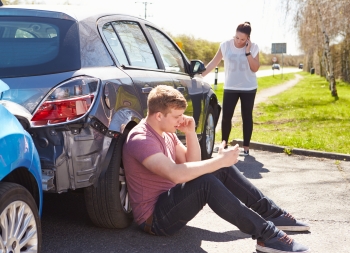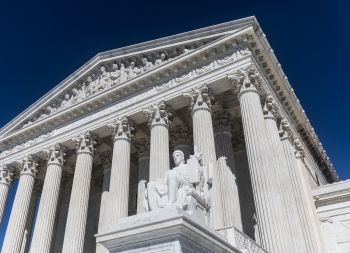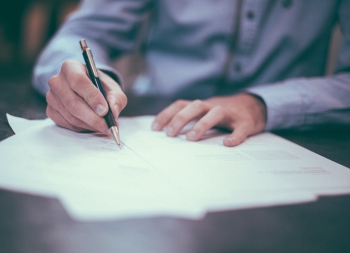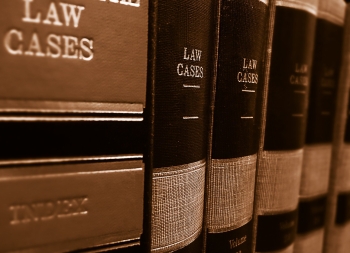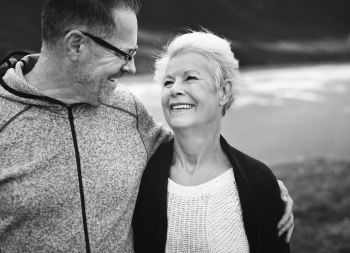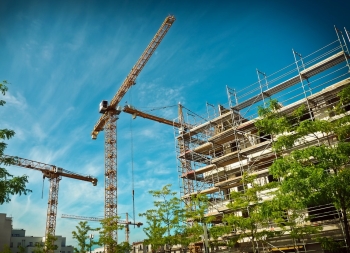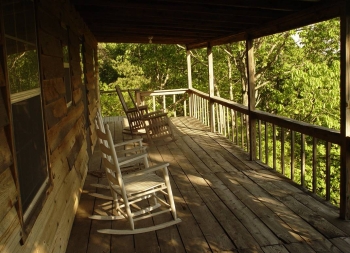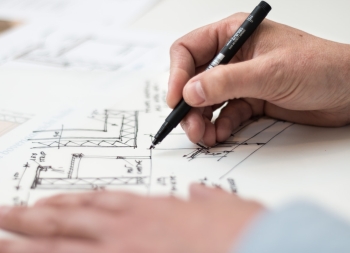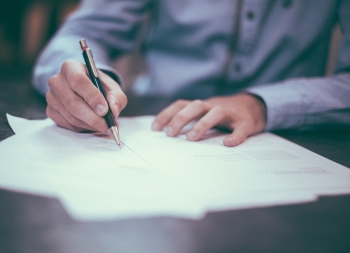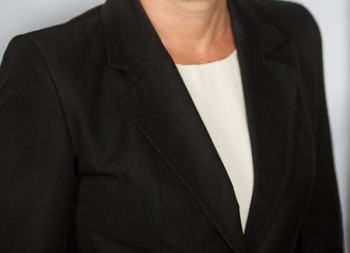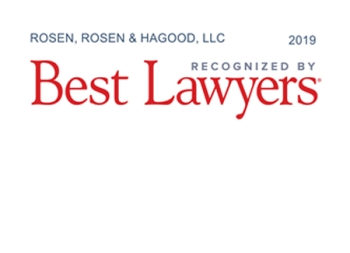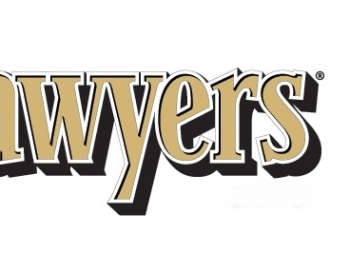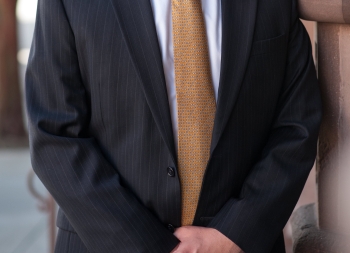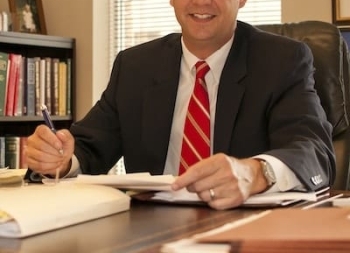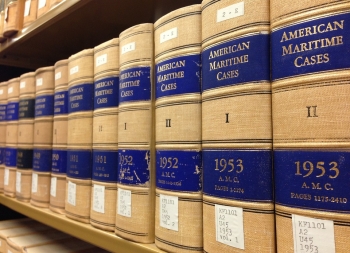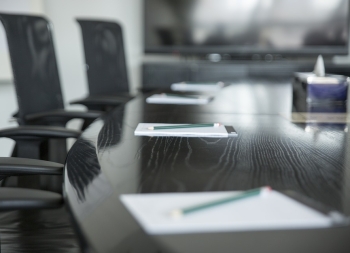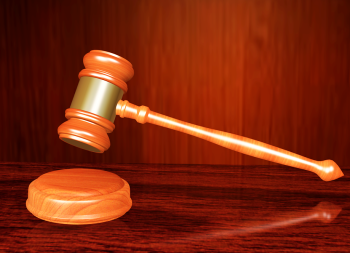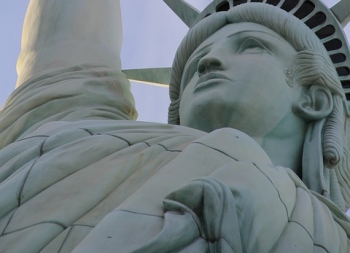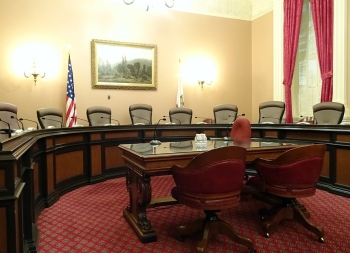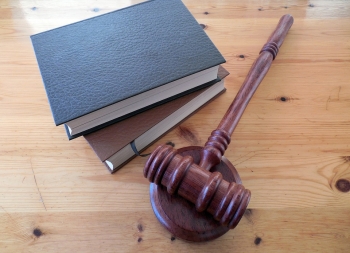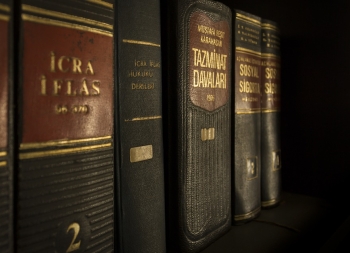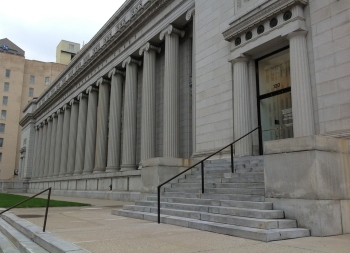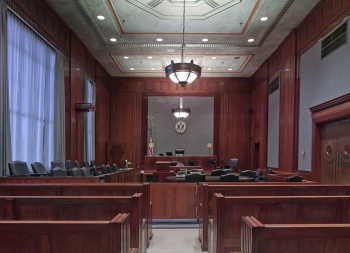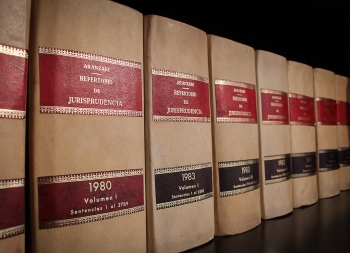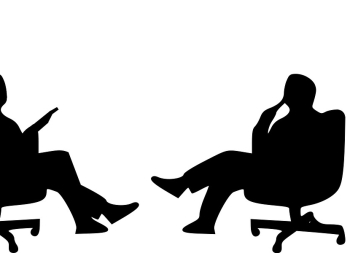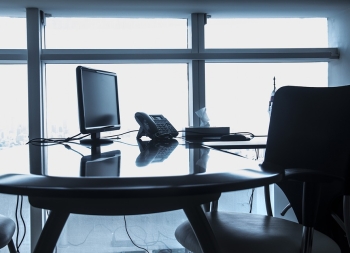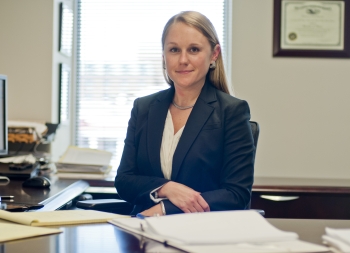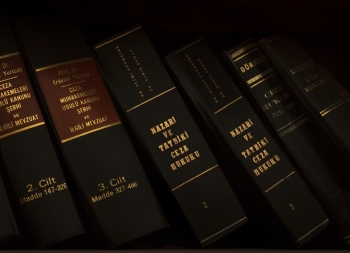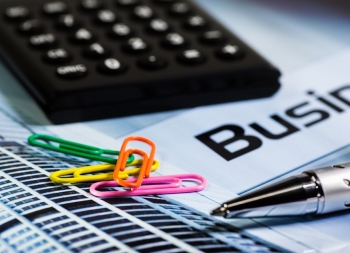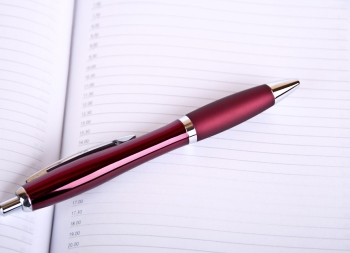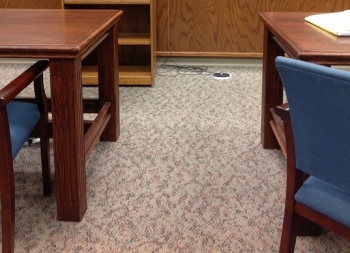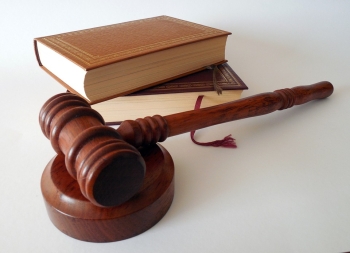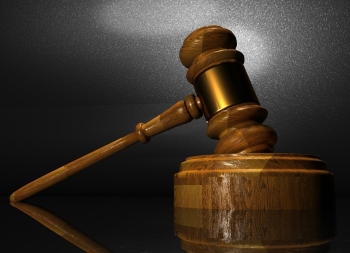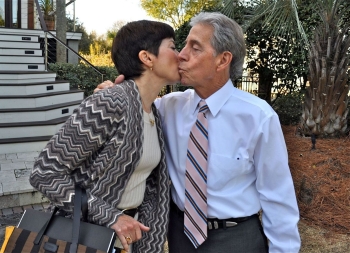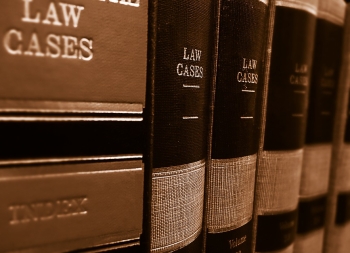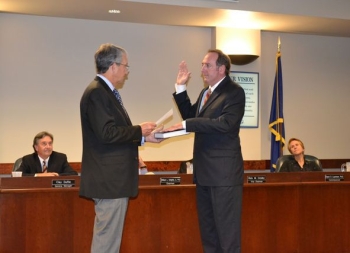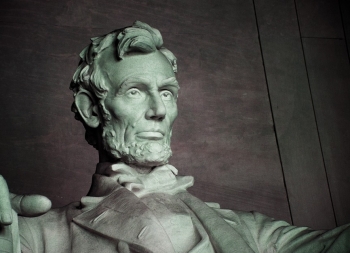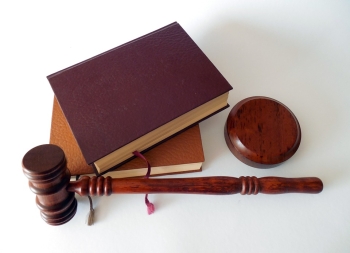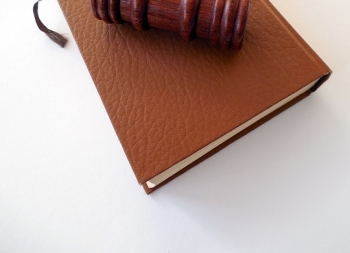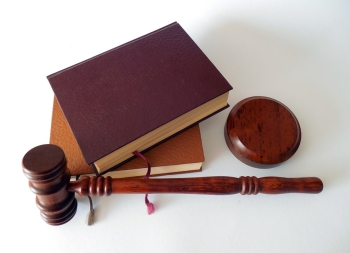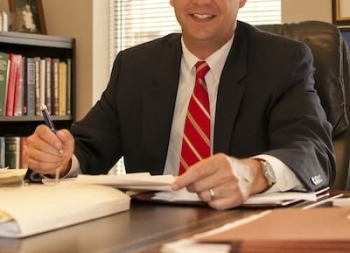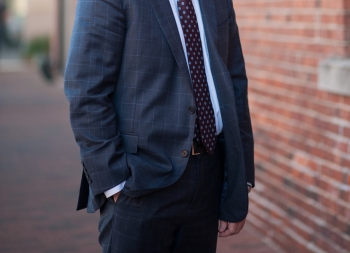Premises Liability Explained: How to Get Full Compensation for Your Injuries
Imagine this: A woman rushes into an office building on a rainy afternoon. Her heels slip on the polished marble floor, and she falls hard. There are no wet floor signs, and the entrance mats are saturated. The result? A fractured wrist and a concussion that will keep her out of work for weeks.
This scenario illustrates a common premises liability case. When you are injured on someone else’s property – be it a business or a private residence – you may have grounds for a legal claim. Premises liability cases, including slip and falls and negligent security incidents, can lead to serious injuries and significant financial burdens.
As a potential plaintiff, understanding how to maximize your compensation is crucial. This guide will walk you through the key elements of a premises liability case and provide strategies to help you secure the full compensation you deserve.
What is Premises Liability?
Premises liability is a legal concept that holds property owners responsible for incidents and injuries that occur on their property due to negligence. Common types of premises liability cases include:
- Slip and falls
- Negligent security leading to assault or injury
- Inadequate maintenance causing injury
- Swimming pool injuries
- Dog bites or animal attacks on the property
These incidents can occur in various locations, such as stores, office buildings, restaurants, apartment complexes, and even private homes.
What Are the Elements of a Premises Liability Case?
In order to prevail in a premises liability case, you must prove that the defendant was negligent. The elements of a negligence claim include duty, breach of duty, causation, and damages. To successfully pursue a premises liability claim and maximize your compensation, it’s essential to understand and prove the following elements:
1. Establishing Duty of Care:
The property owner must have owed you a duty of care. This duty varies depending on your status on the property (invitee, licensee, or trespasser). For example, business owners owe the highest duty of care to customers invited onto their premises.
2. Proving Breach of Duty:
You must demonstrate that the property owner failed to meet their duty of care. This could involve showing that the property owner knew or should have known about a dangerous condition and failed to address it or warn visitors.
3. Causation:
You need to prove that the property owner’s negligence directly caused your injury. This involves establishing a clear link between the dangerous condition and your accident.
Causation in Premises Liability Cases
Causation is a critical element in any premises liability case. It involves proving that the property owner’s negligence directly led to your injury. This concept can be broken down into two parts: actual cause (also known as “cause in fact”) and proximate cause.
Actual Cause (Cause in Fact)
Actual cause is established by showing that the accident wouldn’t have occurred “but for” the property owner’s negligence. In other words, if the property owner had fulfilled their duty of care, would the accident still have happened?
For example, if a store owner fails to clean up a spill on the floor and a customer slips on the spill and gets injured, the actual cause is clear: “but for” the store owner’s failure to clean up the spill, the customer wouldn’t have slipped and been injured.
Proximate Cause
Proximate cause, also known as legal cause, relates to the foreseeability of the harm. It asks whether the property owner should have reasonably anticipated that their negligence could lead to this type of injury. If the property owner could have reasonably anticipated the injury, then it was foreseeable. If not, the proximate cause element likely will not be satisfied.
For example, if a property owner fails to fix a broken step, it’s reasonably foreseeable that someone could trip and fall as a result. However, if someone trips on the step, falls, and then is struck by lightning, the property owner would likely not be liable because no proximate cause exists between the injury – the lightning strike – and the broken step as it was not a foreseeable consequence to the property owner that a broken step would lead to being struck by lightning.
4. Damages:
Finally, you must show that you suffered actual damages, or injury, as a result of the accident. These can include medical expenses, lost wages, pain and suffering, and other related costs.
Challenges in Proving Causation
Establishing causation can be complex, particularly in cases where there are multiple potential causes of injury, a long period of time passed between the negligent act and the injury, or if the chain of events is complex.
Strategies for Proving Causation
To effectively establish causation and maximize compensation in a premises liability case, it’s crucial to take prompt action and maintain thorough documentation. Gathering immediate evidence by collecting photos, video footage, and witness statements is essential. Seeking prompt medical attention not only ensures proper treatment but also helps establish a clear timeline linking the accident to your injuries. Maintaining detailed records of your symptoms and recovery process and utilizing expert testimony from medical professionals can further strengthen the connection between the property owner’s negligence and your injury. In complex cases, consider employing accident reconstruction experts to demonstrate how the negligence led to your injury.
The Importance of Causation in Maximizing Compensation
Proving a strong causal link between the property owner’s negligence and your injury is crucial for maximizing compensation. The clearer and more direct this link, the harder it is for the defense to dispute your claim. This can lead to higher settlement offers or more favorable jury verdicts if the case goes to trial.
Remember, causation interacts closely with the other elements of premises liability. A strong demonstration of causation can reinforce your arguments about the property owner’s breach of duty and the extent of your damages, creating a more compelling overall case.
By focusing on establishing a clear and undeniable causal link, you strengthen your position in negotiations and increase your chances of receiving full and fair compensation for your premises liability claim.
Strategies for Maximizing Compensation
To ensure you receive full and fair compensation for your premises liability claim, consider the following strategies:
- Thorough Investigation
Conduct a comprehensive investigation of the scene as soon as possible. This may include taking photographs, obtaining surveillance footage, and gathering witness statements. - Gathering Strong Evidence
Collect all relevant evidence to support your claim, such as incident reports, maintenance records, and any history of similar occurrences on the property. - Proper Documentation of Damages
Keep detailed records of all medical treatments, expenses, lost wages, and any other costs related to your injury. This documentation will be crucial in calculating your total damages. - Expert Witnesses
Utilize expert witnesses, such as accident reconstruction specialists or medical professionals, to strengthen your case and provide authoritative testimony on liability and damages. - Negotiation Tactics
Work with an experienced attorney who can skillfully negotiate with insurance companies and defense attorneys to secure the maximum possible settlement.
Overcoming Common Challenges
Finally, be prepared to address common defenses in premises liability cases, such as:
- Contributory negligence: The property owner may argue that you were partially responsible for your injury. Be ready to counter these claims with evidence of the property owner’s negligence.
- Pre-existing conditions: If you had a pre-existing medical condition, the defense might try to attribute your injuries to this condition rather than the accident. Proper medical documentation and expert testimony can help overcome this challenge.
Premises Liability Lawyer in Charleston, South Carolina
While navigating a premises liability case can be complex, having a skilled personal injury lawyer on your side can help you maximize your compensation. An experienced premises liability lawyer will have a thorough understanding of the intricacies of these cases in order to strategically build a case and increase your chances of getting the compensation you deserve.
To speak with a premises liability lawyer in South Carolina, contact our office today.



